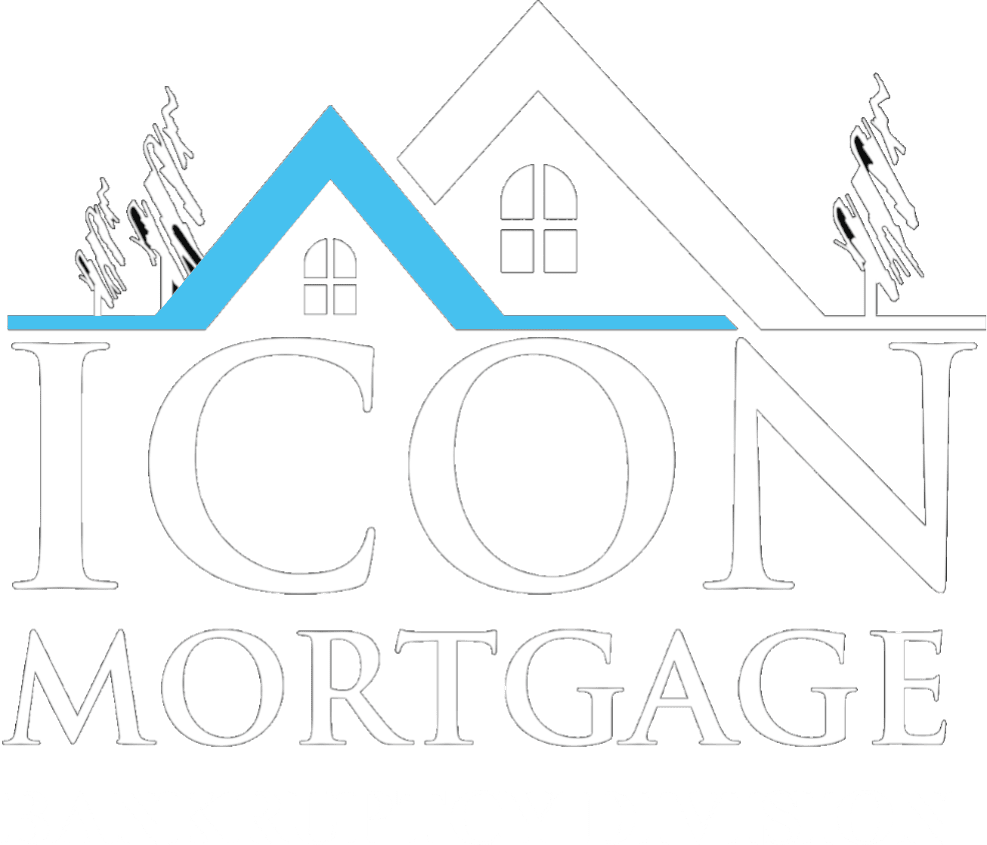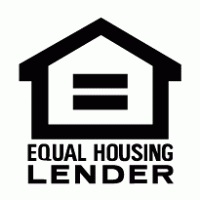Why Are Mortgage Rates Different?
- Why is the Sky blue ?
- Why are the clouds white ?
- Why won't your neighbor trim their tree branches ?
These are all good questions, and ones that often puzzle even the most savvy of human beings. First things first, take a look at how mortgage rates are determined to better understand how banks and mortgage lenders come up with interest rates to begin with.
From there, you'll need to consider why mortgage rates are different for consumer A vs. consumer B.
No One Size Fits All for Mortgage Rates
Mortgages are complicated business, and there certainly isn’t a one-size-fits-all approach in this industry. First off, there are hundreds of different banks, lenders, and credit unions that offer mortgages, some of them entirely unique. These companies compete with one another to offer the lowest rate and/or the best customer service. The well-known names might offer higher rates in exchange for their perceived trust and familiarity.
Meanwhile, the smaller guys might offer rock-bottom rates to simply stay in contention with the big players. Along with that, every loan scenario is different (just like a snowflake), and must be priced accordingly to factor in mortgage default risk (risk-based pricing).
Put simply, the more risk, the higher the mortgage rate. But that’s just the tip of the iceberg.
Mortgage Rates Vary Based on the Loan Criteria
Mortgage rates don’t exist in a bubble – the parts affect the whole. Banks and lenders start with a base interest rate (par rate) and then either raise it or lower it (rarely) based on the loan criteria.
There are loan pricing adjustments for all types of stuff, including:
- Loan amount
- Documentation (full, limited, or stated)
- Credit score
- Occupancy
- Loan Purpose (purchase or refinance)
- Debt-to-Income Ratio
- Property Type
- Loan-to-value / Combined loan-to-value
The more you’ve “got going on,” the higher your mortgage rate will be. And vice versa. I’ve already covered a few related topics, including why mortgage rates rates are higher for condos and investment properties. Mortgage rates also tend to be higher on jumbo loans and refinance transactions, especially those involving cash-out.
Hidden Fees
In addition to the reason above, most "Advertised" rates do not disclose the entire cost structure of the loan. Every lender can "Buy Down" your rate with enough fees, so they can advertise extremely low rates coupled with extremely high "Non-Disclosed" fees. Almost any lender can "Buy Down" the rate, if they know the entire package of charges that are coupled with the low rate.
Advertised Mortgage Rates Are Best Case Scenario
You know those mortgage rates you see on TV or on the Internet? Those assume you’ve got an owner-occupied single family home, a perfect credit score, a huge down payment, and a conforming loan amount. Not to mention a newborn golden retriever with an unmatched pedigree.
Most people don’t have all those things, and as a result, they’ll see different mortgage rates. And by “different,” I mean higher. How much higher depends on all the factors listed above. So take the advertised rates you see with a huge grain of salt.

